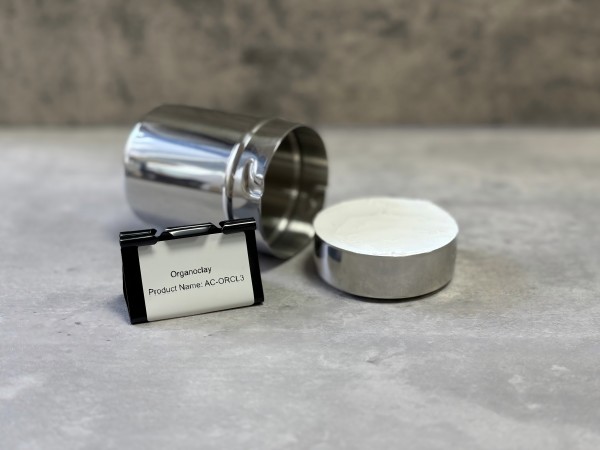Shale gas is an unconventional natural gas resource that often exists in shale or mudstone layers in both free and adsorbed states. With the increasing awareness of non renewable resources and clean energy, shale gas, an emerging oil and gas resource, is receiving more and more attention. Drilling fluid is a general term for the circulating fluid used throughout the entire oil and gas extraction process to meet the needs of different stages of drilling engineering. Drilling fluid can be divided into water-based drilling fluid, oil-based drilling fluid, gas drilling fluid, etc. according to the dispersed medium (continuous phase). Drilling fluid is mainly composed of liquid phase, solid phase, and chemical treatment agents. The liquid phase can be water (fresh water, saltwater), oil (crude oil, diesel), or emulsion (mixed oil emulsion and reverse phase emulsion). Solid phase includes useful solid phase (bentonite, weighting materials) and useless solid phase (rock). Chemical treatment agents include inorganic, organic, and polymer compounds. Oil based drilling fluid has various advantages such as high temperature resistance, salt resistance, good wellbore stability, good lubricity, and minimal damage to oil and gas reservoirs. The stability of shale wellbore during drilling is one of the important issues affecting the development of drilling technology, and shale hydration is a key factor affecting wellbore stability. Hydration can cause shale to expand and become stronger due to hydration changes such as a decrease in degree and an increase in pore pressure can easily cause wellbore collapse.
At present, oil-based drilling fluid technology has become the most important technology in solving the problem of shale hydration. At the same time, in the construction of high difficulty deep wells.
The all oil-based drilling fluid technology has also been widely applied in high angle directional wells, horizontal wells, and the treatment of various complex formations. AC-ORCL Organoclay can be rapidly dissolved and expanded several times after encountering oil-based continuous phase. After being fully dissolved, it can present a gel solution with good suspension in the oil phase. This solution has strong viscosity, which can form a thin mud skin around the borehole wall of drilling, so as to effectively penetrate, reinforce, bond and protect the borehole wall and prevent the collapse of the borehole wall.
Through the application research and experiment of shale gas development in the Sichuan Chongqing region, a systematic optimization study of the production process of organic bentonite was completed to address the shortcomings of oil-based drilling fluid, such as high viscosity, poor suspension, and easy formation of rock debris beds due to insufficient shear force. This achieved a reduction in production costs while improving the viscosity enhancement, shear resistance, and high temperature resistance of organic bentonite.
The successful field application results show that AC-ORCL Organoclay has good rheological properties, filtration reduction properties, and sand carrying capacity. The drilling fluid still maintains good rheological properties under high mechanical drilling speed and high solid content. Safe and rapid drilling of the entire wellbore section in the target layer, with low filtration loss and no wellbore leakage, effectively controlling the cost of drilling fluid, fully meeting the needs of unconventional well development such as shale oil and gas development, and generating good social and economic benefits.
Post time: Nov-13-2024


